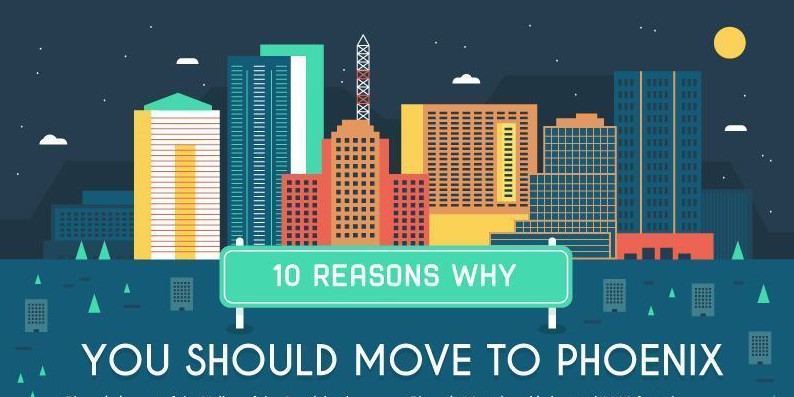
Sometimes what holds up your land from being sold is a buyer who is interested in buying your property but does not have enough money and, for whatever reason, does not qualify for a traditional mortgage. In cases like these, where your potential buyer is unable to draw up a loan from a bank or any other organization, you might consider owner financing the land to facilitate the sale. Vacant property often makes it more difficult to secure traditional financing from lending institutions.
In today’s blog post, we will discuss the details of learning about owner financing, the pros and cons, and whether it is a good option for you. If you are considering owner financing, you first need to know what it is and if it is possible in your situation.
What Is Owner Financed Land?
Now buying land or any property requires you to have an appreciable amount of money to satisfy the hefty price tags they hold. In order to buy land, there is usually an external source of financing, such as a mortgage or a loan. There are two main scenarios where owner financing is considered.
- The potential buyer cannot secure their own financing from a traditional source
- Instead of a lump-sum payment for the land, you want to make money on interest by owner financing the sale of your property
Owner financing is when the property owner agrees to extend credit to a buyer after receiving a down payment. The seller and the buyer work out a sales agreement that includes the price of the property, the length of the financing, the interest rate, and when payments are due.
How Does Owner Financing Work?
To put in the simplest of words, the landowner essentially acts as a bank in the scenario. The landowner and the seller negotiate a price, interest, and the time period of the loan. Once the buyer meets the terms of the contract, they will be given the title to the land.
Property owners can set their own terms when owner financing. Many owner financers forego the traditional 20 to 30 year loans, and instead, finance land for 5 to 15 years. Often, a balloon payment may be included in the contract. A balloon payment is when the entire balance of the loan is due at the end of the contract. So, a buyer might pay monthly payments with interest for five years. At the end of the five years, the remaining price of the land may be due in one large payment. Often, these types of agreements allow a buyer to take possession of the land while attempting to seek another source of financing before it is time to make the balloon payment.
When you manage to get the buyer on the same page as you, then you can sign a promissory note for the price at which the land is purchased. It is highly advisable to add a clause that mentions what will happen if the buyer fails to fulfill the contract at his end. That is, what if he can not find another finance source and is unable to pay up the complete payment.
Usually, these clauses allow the seller to extend the time period at their discretion, or they can call the note due and payable. If the buyer cannot pay the outstanding balance, the seller retains the title to the property.
It is essential to consult with an attorney to draft the promissory note and other associated documents. Both the buyer and the seller should consult with an attorney to ensure they understand the terms of the sale.
The Downside of Owner Financed Land
For Sellers
- The risk of a buyer default is a necessary gamble because you can not help but trust that the buyer does not do this, but if he stops his periodic payments, a foreclosure process has to be done.
- If you take back your raw land for whatever reasons, you will have to make sure that no damage has been done, such as removing a boundary wall. The seller will be left with the costs of any necessary repairs or work that needs to be done.
For Buyers
- It is likely that you will have to pay a higher interest rate than you would from a bank.
- You will have to convince the seller to be your lender. The seller will likely want a down payment to ensure you are genuine in your efforts to buy the property.
- Balloon payments are another con. You will have to pay a hefty amount at the end of a decided period. If you cannot pay the balloon payment or secure other financing, you risk losing the money you have paid and the land.
Pros of Owner Financed Land
For Sellers
- You will be able to sell your land as-is and faster
- This will allow you to have a chance at better pricing
- You will have the retain title that means if the buyer defaults, you will have to get all the down payment and the land.
For Buyers
- The process is usually faster, as you do not have to wait for a buyer to secure outside financing
- It often requires less money upfront.
- The amount of down payment is sometimes negotiable
- It allows you to purchase land even if you do not qualify for a traditional mortgage or loan
Sidenote
Always do a background check on your buyer before agreeing to seller finance your land to understand if there are any chances that he will be able to find another source of financing in the time frame you have in mind. Hence, will he actually be able to fulfill the payment? The background check should include a complete credit history, as you want to understand the potential risks. A seller should have a plan for what will happen if the buyer defaults on the loan.


